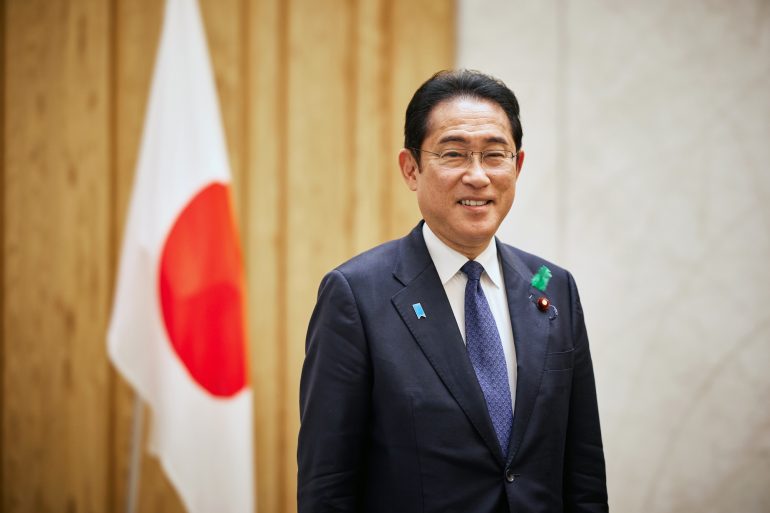- Japanese Prime Minister Fumio Kishida introduces international framework for regulating generative AI at OECD speech.
- Emphasizes potential benefits but acknowledges risks, including disinformation.
- Japan launched Hiroshima AI process during its G7 chairmanship to develop guiding principles and a code of conduct.
- 49 countries and regions join voluntary framework to address risks and promote cooperation.
- EU, US, China, and other nations also working on AI regulations.
- International bodies like the UN grappling with AI supervision.
Main AI News:
Japanese Prime Minister Fumio Kishida has introduced a global regulatory framework for the governance and utilization of generative AI, aligning with the ongoing international endeavors to manage the rapid evolution of this technology. Kishida unveiled this initiative during his address at the Paris-based Organization for Economic Cooperation and Development.
“Generative AI holds immense potential to enhance our world,” remarked Kishida, emphasizing the necessity to acknowledge its potential pitfalls, including the propagation of disinformation. During Japan’s chairmanship of the Group of Seven nations last year, the country initiated the Hiroshima AI process aimed at formulating international guiding principles and a code of conduct for AI developers.
Kishida highlighted that 49 countries and regions have joined the voluntary framework, known as the Hiroshima AI Process Friends Group, although he refrained from specifying the participants. Their collective focus will revolve around implementing these guiding principles and codes of conduct to mitigate the risks associated with generative AI. Kishida emphasized the importance of collaboration to ensure that people worldwide can reap the benefits of AI in a safe, secure, and reliable manner.
Various entities, including the European Union, the United States, China, and numerous other nations, are actively formulating regulations and oversight mechanisms for AI. Simultaneously, international organizations like the United Nations are deliberating on effective methods to supervise the development and deployment of AI technologies.
Conclusion:
Japan’s leadership in establishing a global framework for regulating generative AI underscores the growing recognition of the need for comprehensive governance in the rapidly evolving AI landscape. This initiative signals a concerted effort among nations to address the potential risks while fostering cooperation to ensure the safe and beneficial utilization of AI technologies. For businesses, this emphasizes the importance of staying informed about evolving regulatory standards and adapting their strategies to align with emerging governance frameworks in the AI market.

